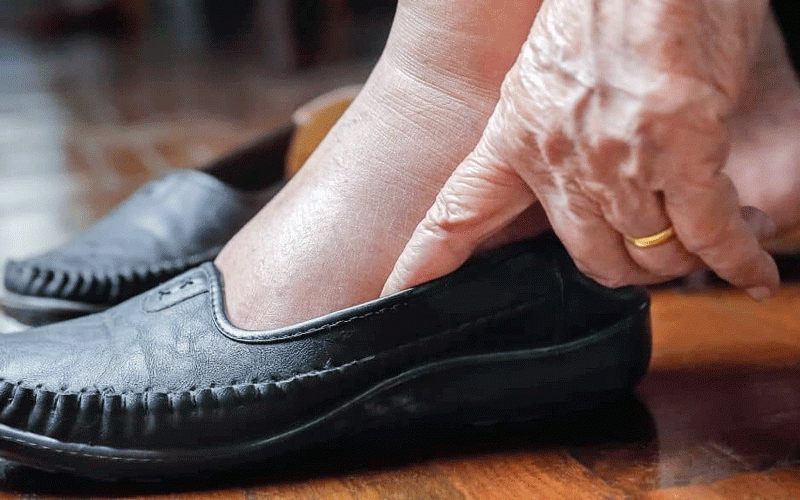
Farzana Malik People often experience a general state of worry or fear before confronting something challenging, such as a test, examination, recital, or interview. These feelings are easily justified and considered normal. Anxiety is considered a problem when symptoms interfere with a person’s ability to sleep or otherwise function. Generally speaking, anxiety occurs when a reaction is out of proportion with what might be normally expected in a situation.
Anxiety is a feeling of nervousness, apprehension, fear, or worry. Some fears and worries are justified, such as worry about a loved one or in anticipation of taking a quiz, test, or other examination.
Problems and anxiety interfere with the sufferer’s ability to sleep or otherwise function. It is noteworthy that teenagers are particularly susceptible to having irritability as a symptom of a number of emotional problems, including anxiety.
Anxiety may occur without a cause, or it may occur based on a real situation but may be out of proportion to what would normally be expected. Severe anxiety can have a serious impact on daily life.
Studies indicate that men seem to experience different types of effects of anxiety compared to women.
Specifically, men tend to exhibit more psychological symptoms of anxiety, like tension, irritability, and a sense of impending doom. In contrast, women tend to develop more physical symptoms like chest pain, palpitations, shortness of breath, and nausea. Furthermore, it seems that women with such physical symptoms of anxiety are more at risk for developing heart problems.
Common symptoms and signs of anxiety can include:
- restlessness or feeling edgy;
- becoming tired easily;
- trouble concentrating;
- feeling as if the mind is going “blank”;
- irritability;
- muscle tension;
- Sleep problems (trouble falling or staying asleep or having sleep that is not restful).
- Mental Health: How fear and anxiety can affect mental wellbeing
- Food and mood, how our eating habits influence our mental wellbeing
- Show up and grow
Keep Reading
Anxiety can be accompanied by a variety of physical symptoms. Most commonly, these symptoms are related to the heart, lungs, nervous, and gastrointestinal systems.
You may have an upset stomach, diarrhea, trouble breathing and feel as if you may faint or are having a heart attack.











